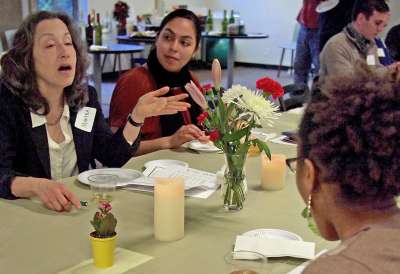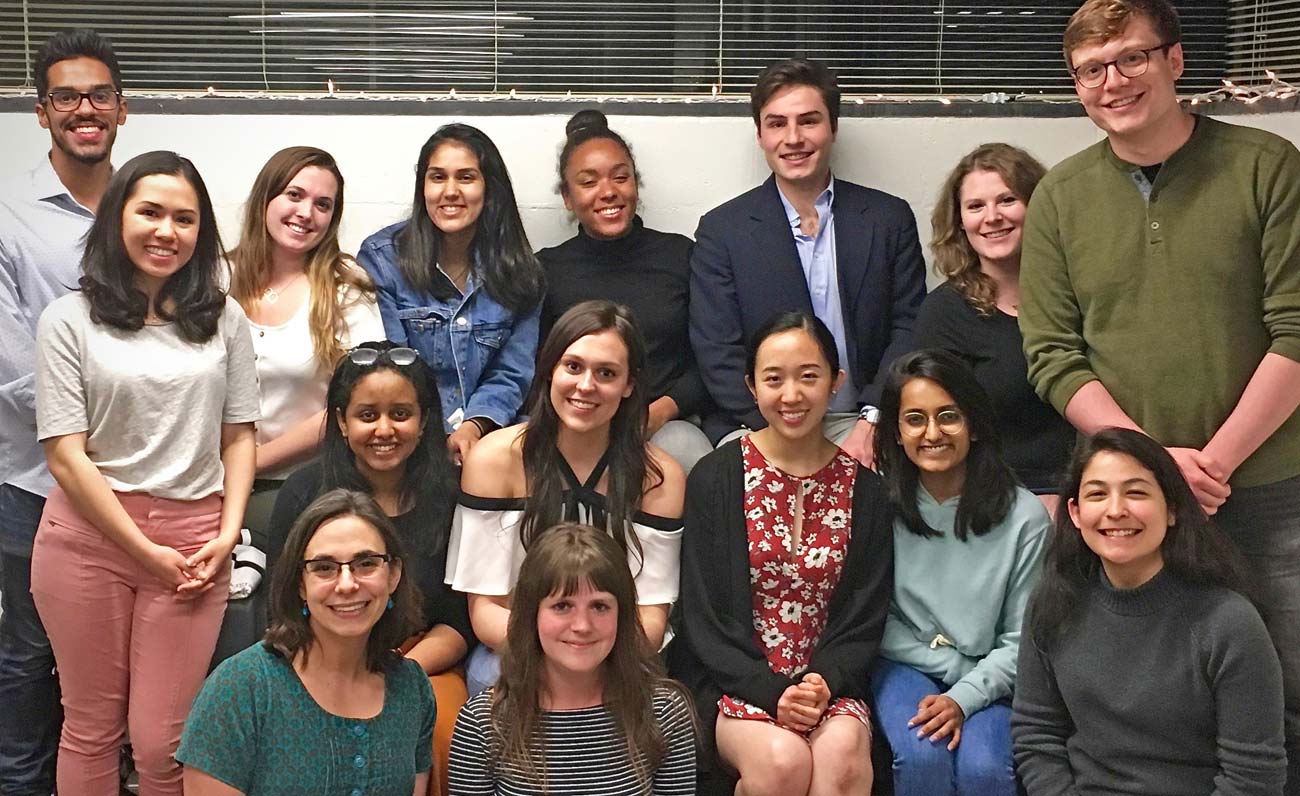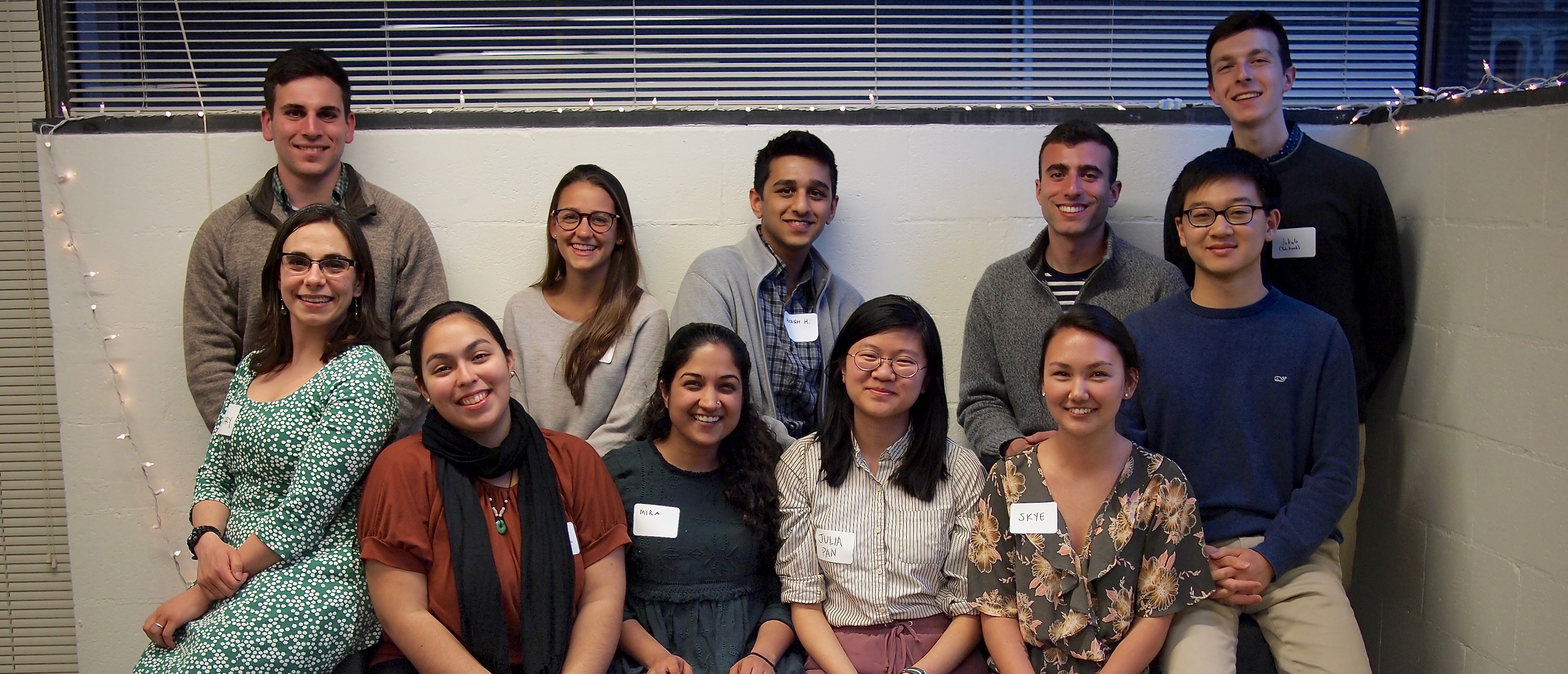“Personality Neuroscience; The Final Frontier for Big Data” by Halbert Bai“
This paper surveys the emerging field of personality neuroscience through a discussion of its major findings, methods, and future directions. Personality neuroscience aims to understand the biological substrates of personality to inform our understanding of individual differences in beliefs, cognition, behavior, emotion, and motivation. This paper places personality neuroscience at the interface of society and academia by envisioning practical applications of the field in marketing, political communication, and personalized medicine. “Neurographics” is proposed as a future metric just as demographics, geography, or psychographics are gathered to better understand consumers and the citizenry today. This is, of course, premised on a widespread adoption of neuroscience tools by the wider public but which do indeed seem to be in the pipeline by major corporations and visionaries including Facebook, IBM, and Elon Musk. I argue that the final frontier for data mining lies in the information neuroscience can provide at scale.
– “Personality Neuroscience; The Final Frontier for Big Data” by Halbert Bai
“A Neuroethical Inspection of Neuromanagement and Organizational Social Neuroscience”
From executive education programs at top business schools to various new conferences such as the NeuroLeadership Summit, the intersection of neuroscience and business has caught the thought leadership world on fire in the past ten years. New academic fields with the prefix “neuro” are emerging, ranging from neuromarketing to neuroeconomics to neuromanagement and neuroentrepreneurship. While using neuroscience to understand human behavior, especially in an organizational setting, can be empowering (brain plasticity, reward network, mirror neurons), this paper warns about the direction that neuro-business is heading towards, in which neuroscientific findings are cherry-picked and either misinterpreted or manipulated to repackage corporate advice. This paper also provides an overview of the popular neuroscience concepts in respect to business. Inquiring into neurobusiness provides an apt microcosm on ensuring that other neuroscience and society intersections do not cross any neuroethical boundaries. However, the application of neuroscience to business still has many important implications and should be developed rigorously in order to stand the test of academia and preserve the reputation of neuroscience.
– “A Neuroethical Inspection of Neuromanagement and Organizational Social Neuroscience” by Julia Pan
“Applying Neuroscience to Education: Practically & Possibly” by Andrea Gomez
*Neuroscience has become widely popular in today’s society. New fields like neuropolitics, neuromarketing, neurolaw, and neuroeconomics all hope to use neuroscience to improve sales by predicting what people are thinking. Neuroscience research can help solve answers in different parts of society, including education. Educators are always striving to improve education for children and to ensure that no one is left behind or struggling. Parents are worried about their child failing classes due to a learning or attention disability. Teachers struggle to teach approximately 30 young children in small, underfunded classrooms….The argument of whether neuroscience can be integrated into education has been increasing with our developing knowledge of the brain. The more researchers learn about the brain, the more they want to apply it directly into other areas like early childhood learning. Although there is promise for practical neuroscience to be used for educational applications, there are researchers who agree with Bruer’s “A Bridge Too Far” idea. Bruer argued that neuroscience cannot be used to inform classroom practices2…. This paper will be divided into two discussions that represent the spectrum of responses towards the neuroscience and education debate: 1) how neuroscience can aid in learning and attention disabilities and 2) how neuroscience can be incorporated into the curriculum or content of workshops for administrators or teachers.
– “Applying Neuroscience to Education: Practically & Possibly” by Andrea Gomez
“On Neuroscience & Climate Change” by Zachary Rissman
* Climate change is arguably the most catastrophic and ubiquitous challenge facing our world today. It has the capacity to kill millions of people and displace up to 2 billion people by the year 2100, cause massive food shortages, and disrupt essential components of developed economies from health care to infrastructure… If climate change is so threatening to all of us in the future, why then is such little progress being made to counteract it? The main answer to that question may lie within the human brain…. The novelty of the risks and scope of climate change [also] creates difficulties in fully comprehending this issue. In a study by Daniel L. Schacter at Harvard University, researchers found that considering the future involves the same neural mechanisms as remembering the past. Many different brain areas are involved in this circuitry. For example, the study found that one neural circuit that involves direct input from the medial temporal lobe “supports both remembering the past and imagining the future”. Hippocampal activation (also located in the medial temporal lobe) is also observed when remembering the past and imagining the future. However, some additional brain areas show increased activation when imagining the future but not when remembering the past, including the medial prefrontal cortex… Throughout this paper, many studies have been explored that illuminate various qualities of the brain and how they relate to future risk assessment, empathy, and frames, biases, and the influence of politics. However, while learning more about the brain is admirable, understanding alone will not lead to climate action. How, then, can we utilize the lessons from the brain to achieve true climate progress? The answer lies primarily in how we choose to communicate climate science and climate change information. Already there exists a “Psychology of Climate Change Communication” guide written by members of Columbia University, but this section could be considered a “Neuroscience of Climate Change Communication” guide.
– “On Neuroscience & Climate Change” by Zachary Rissman
“Using Neuroscience of Decision-Making to Explain the Relationship Between Life-Stressors & Opioid Relapse” by Celine Ifrah
* High rates of relapse to drug use among treatment-seeking opioid users is a significant obstacle for good treatment outcomes and is a major risk factor for overdose death. Identifying good predictors of relapse are thus of the utmost importance. The literature has shown that psychological state and life events/stressors in multiple domains are associated with prospective heroin relapse. The literature has also shown that decision-making processes are associated with both multi-domain life events and heroin relapse. The goal of our study, therefore, was to test the hypothesis that decision-making processes mediate and explain the relationship between multi-domain life events and heroin relapse. This is an important question as the findings could identify multiple targets for intervention as well as potentially speak to the cognitive and neural processes by which real-world life stressors lead to relapse.
– “Using Neuroscience of Decision-Making to Explain the Relationship Between Life-Stressors & Opioid Relapse” by Celine Ifrah
“An Overview of the Neuroscience of Obesity” by Jakub Jarmula
*At its core, obesity occurs when there is an “energy imbalance between calories consumed and calories expended” (World Health Organization, 2018). However, the underlying mechanisms of this imbalance are unclear. Research has found many factors, including reward pathways and addiction, adipokines, endocrine-disrupting compounds, and stress…. For addictive models of obesity, where the addictive substance can be thought to be food, the learning-based theory of addiction has helped explain environmental cues that contribute to eating. Because food has played such an important evolutionary role in species survival, food cues are very strong motivators. In a set of experiments, rats underwent Pavlovian conditioning to associate an arbitrary cue with food delivery. When presented with the cue, the rats would eat even when sated (Weingarten, 1983). These results showed that certain cues can induce feeding. More indirectly, studies have found that feeding context, i.e., the environment in which food is consumed, can influence feeding behavior…. All of this evidence supports and challenges all three theories, leaving only one thing certain: much more work is required to untangle the neural pathways involved in the pleasure, motivation, and conditioning of feeding behaviors…. To combat rising global obesity, it must first be better understood. Obesity is more complex than the simple difference between “calories in-calories out.” It must be seen more holistically as a condition that is influenced by many factors. Addiction models of obesity, adipokines, and external factors such as EDCs and stress are only among the few better-known pieces in the obesity puzzle. It is recommended that obesity research be made the highest priority to better understand the nuanced nature of a condition that is associated with many global causes of death. Additionally, it is recommended that all countries impact by obesity collaborate to more effectively allocate research spending and coordinate their efforts. For the U.S. specifically, it is recommended that more regulations be passed limiting BPA exposure, similar to those in place in the European Union. To decrease stress levels, it is recommended that public health agencies—such as the Centers for Disease Control and Prevention, the Department for Health and Human Services, and the Office of the Surgeon General—organize campaigns to increase awareness of and provide resources for stress reduction and prevention.
– “An Overview of the Neuroscience of Obesity” by Jakub Jarmula



